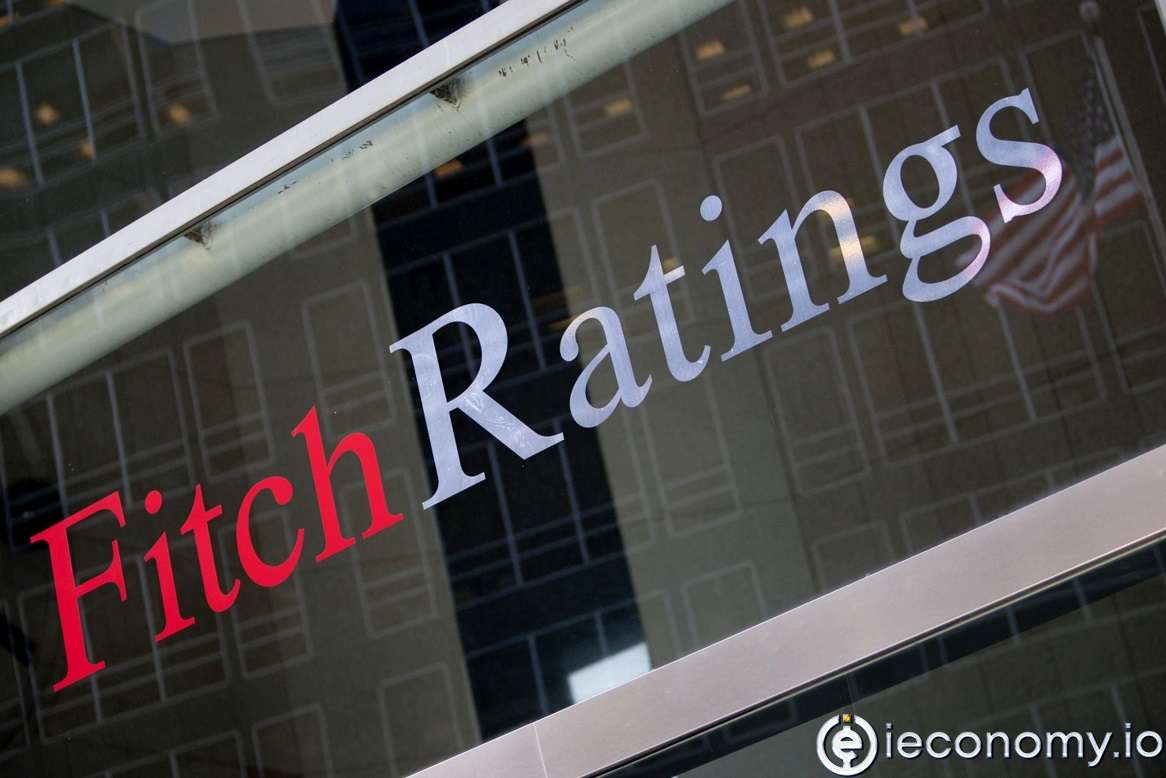2426
0
Fitch downgrades Turkey's credit rating
Fitch Ratings downgraded Turkey's credit rating from BB- to B+ and affirmed its outlook as ‘negative’. International credit rating agency...

Yazar: James Gordon
Yayınlanma: 13 Şubat 2022 03:19
Güncellenme: 20 Şubat 2026 06:19
International credit rating agency Fitch Ratings announced that it has downgraded Turkey's credit rating from BB- to B+ and affirmed its outlook as ‘negative’.
Fitch Ratings, in its assessment on December 2, 2021, affirmed Turkey's credit rating as BB-, and changed the credit rating outlook from stable to negative, stating that the monetary easing, which it described as early, caused a deterioration in domestic confidence.
High inflation was highlighted in the report
In its latest report, Fitch announced that "more frequent and intense policy-oriented" financial stress periods increase vulnerabilities in terms of high inflation, low foreign liquidity, and weak policy credibility in Turkey. The policies followed (including targeted credit and capital flow measures) are not expected to reduce inflation, the report said. Fitch also touched upon the effects of Turkey's expansionary monetary policy mix in the report, stating that "Turkey's expansionary monetary policy mix (including negative real interest rates) can keep inflation at high levels, suppress the environment of confidence, and rekindle the pressures on international reserves." The report noted that political developments limited the Central Bank's ability to raise the policy rate. The report also noted that the capacity of the new economic instrument to sustainably improve confidence in an environment of high inflation was limited. In the report in question, Fitch predicted that inflation in Turkey will reach 38 percent by the end of the year, with an average of 41 percent in 2022 and 28 percent in 2023.İLGİLİ HABERLER





European stocks soared and focus shifted to German retail sales after Powell's speech!

Forex Signal For TRY/USD: Inflation Slowdown in November.

Forex Signal For GBP/USD: Bullish Trend Still Not Breaking While Recovery Continues.

Forex Signal For EUR/USD: Starry US Data Points to Higher Fed Increases.

Forex Signal For BTC/USD: Downside Continues as Bitcoin Recovery Moves Less.
En Popüler Haberler
Yorum Yap
Yorumlar
Henüz yorum yapan yok! İlk yorumu siz yapın...